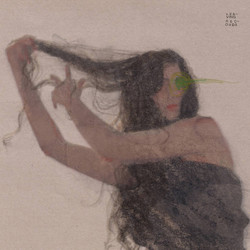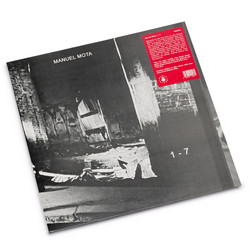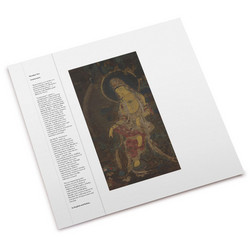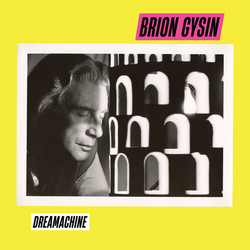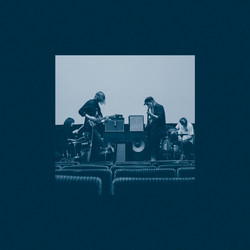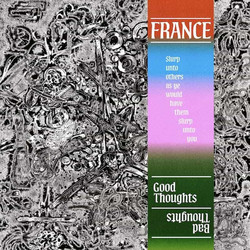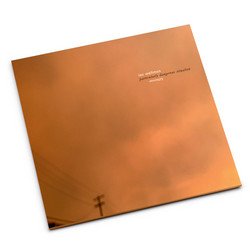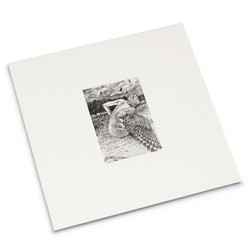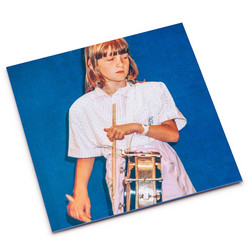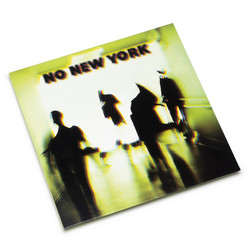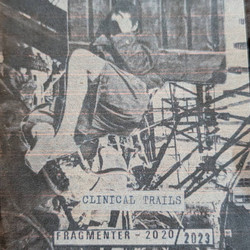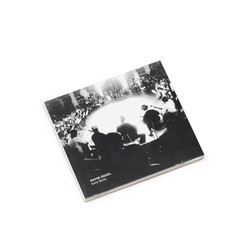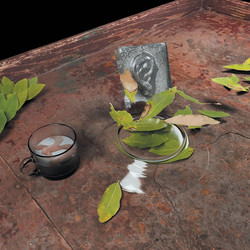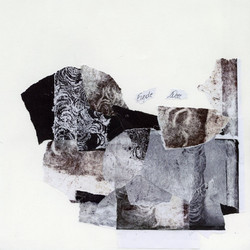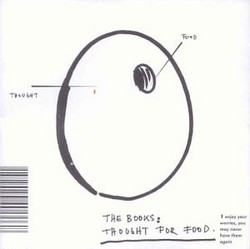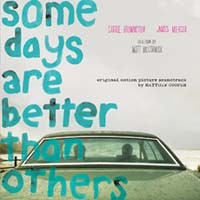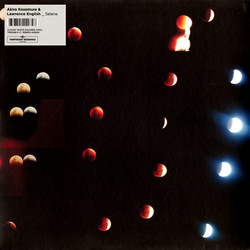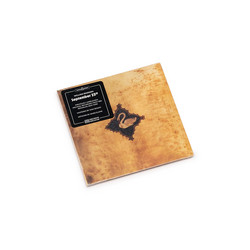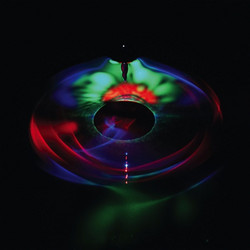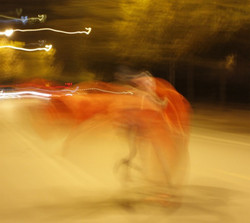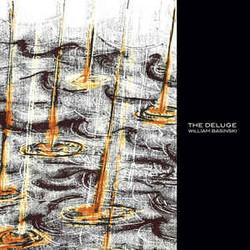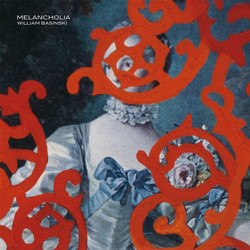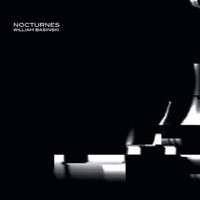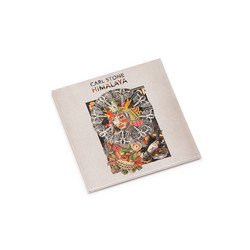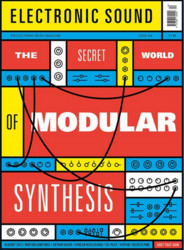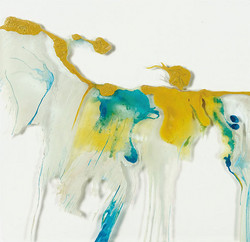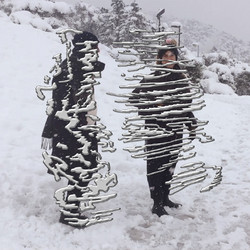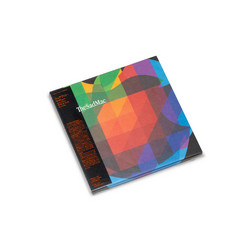The Books have a terrific sense of humor-- and it makes The Way Out, an album built on eccentric vocal samples, a good-natured discovery instead of a cheap piece of mockery. Imagine if a blog had posted these clips of goofball hypnotherapist and meditation consultants, or found a tape of a boy and a girl swapping violent threats with each other: You'd chuckle and move on. But when the Books use these samples, they give them integrity. You find yourself engrossed with people who are alien but also familiar. The flotsam and jetsam of American culture aren't a cheap joke to the Books, but a source of endless discovery and joy. The Way Out is the fourth LP-- and the first in half a decade-- by the collage art/folktronica/post-New Age/indescribable duo of guitarist/singer Nick Zammuto and cellist Paul de Jong. Their new album is experimental for sure, but just like their early works, it wasn't designed for slow chin-scratching. It works best when it works like a joke: A strange sound or sample clicks in your ears, and then you're on to the next one. Is "A Cold Freezin' Night", a track featuring a recording of one kid threatening to torture another to death, a commentary on how early and how easily little kids assimilate violent fantasies and gender roles? You could read it that way, but mostly I just enjoyed the jolt of recognition: It's a striking example of the way kids talk to each other when nobody else is listening. Likewise, "Beautiful People" is pretty straightforward: It's a tribute to Zammuto's favorite irrational number, which is a pretty geeky thing to do, but Zammuto connects that number to God, and so he makes it a hymn. Back it with a disco beat and tack on a meticulously constructed brass fanfare at the end, and you have a Books pop song-- one of the only ones they've written. The band's good humor stops us from mocking "I Didn't Know That", where kids and adults shout, "I didn't know that!" with unironic gusto. My guess is that the samples come from a kid's television show, but the source doesn't really matter. The Books take the speakers and high-five them again and again, with a boisterous melody and a verse that features distorted, hiccupping vocal snippets arranged into musical phrases and emerging as a kind of scat singing. Which, you know, is something you would normally just get up and perform, but instead they do it this way, and it must have taken them a long time to put it together. When the Books actually get up and make jokes, they tend to shoot themselves in the foot. And maybe that's the point: they want to say they're not trying to sound prophetic. Don't take this so seriously. But they score a misfire at the end of "Chain of Missing Links", which features a self-help guru who's trying to lead us to a higher consciousness. He soothes us and seeks out our pain-- "You're old and used up at the atomic level"-- and while he sounds silly, the music plays along with him. It complements his message, matching the tension and the transcendence in his words. You almost start to wonder if he's onto something. But the track ends on an easy joke, editing the speaker to make a crack about eating brains, and the music leaves him looking foolish. It seems kinda cruel. The album is book-ended with excerpts of these self-help records, and the funniest thing about that is that the Books really are a boffo meditation band. As smart and complex as they are, their albums are also super-serene, and they could function as New Age music for people who are too skeptical for the real thing. After all, it's soothing to hear two guys digest and synthesize a mountain of information and pass back an orderly whole-- something that most of us information worker-types try and fail on a daily basis. The Way Out is a step forward for the band, as producers and in Zammuto's case, as a singer: dig his glowing lead vocal on "All You Need Is A Wall". But it's not their best record. Even "Beautiful People" can't match the subtler beauty of The Lemon of Pink's interplay between analog and digital sources, where a glitch and a handclap can form a percussion part, and a vocal line can blend seamlessly with bowed cello. The second half of the album flags, and while it has some eerie moments, "The Story of Hip Hop" is a one-joke song. (They start with a children's story about a rabbit, and guess what kind of a beat they add?) That stuff was fun on their debut, 2002's Thought for Food, but today those easy jokes seem like a waste of their skills. Better to seek out the greater mystery of those weird and splendiferous sounds, and those voices that seem so close and so unknowable in the same breath. — Chris Dahlen, July 20, 2010
